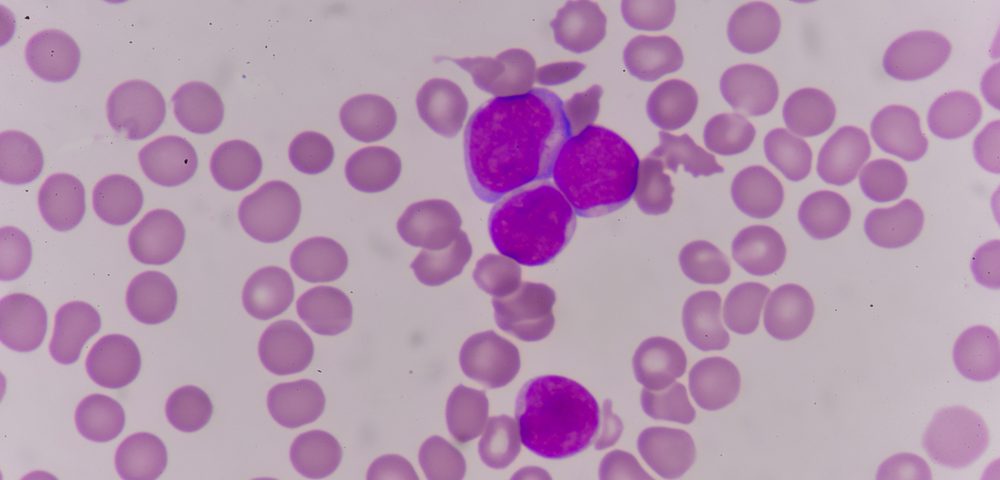The discovery that a reliable biomarker of chronic kidney disease originates in a type of bone marrow cell could lead to a treatment for CKD, a study says.
Scientists have known about a connection between the marker, suPAR (soluble urokinase plasminogen activator receptor), and the onset and progression of CKD. But until now they didn’t know where suPAR originated.
The research revealed that a type of immature myeloid cell found in bone marrow is the source of the abnormally elevated levels of suPAR in blood that are associated with CKD.
The study, “Bone marrow-derived immature myeloid cells are a main source of circulating suPAR contributing to proteinuric kidney disease,” was published in the journal Nature Medicine.
“These results identify suPAR as a functional connection between the [bone marrow] and the kidney,” said Dr. Jochen Reiser, a nephrology specialist at Rush University Medical Center in Chicago.
Myeloid cells are one of the three main types of blood cells. “It appears that these cells are producing high amounts of suPAR, which becomes the mediator that communicates between the immune system and the kidney,” Reiser, a study co-author, said in a press release. “At high levels, suPAR travels to the kidneys, causes a reaction, and takes the kidney down.”
One way that doctors might use the discovery of suPAR’s origination is to try stem cell transplants as a way to combat CKD, the researchers said.
Previous research by Resier’s team showed that suPAR can flag CKD before there is kidney damage. The team also found that suPAR can lead to a serious kidney condition known as focal segmental glomerulosclerosis.
“That finding [that suPAR is a biomarker for kidney disease] was a game changer,” Reiser said. “You could predict new disease in people that by any available test still had normal kidney function.”
Ten percent of American adults, or 25 million people, have CKD, and more than 48,000 die from it every year, according to the U.S. Centers for Disease Control and Prevention.
Kidney disease tends not to have early symptoms. By the time it is diagnosed, irreparable damage to the kidneys is likely to have occurred.

